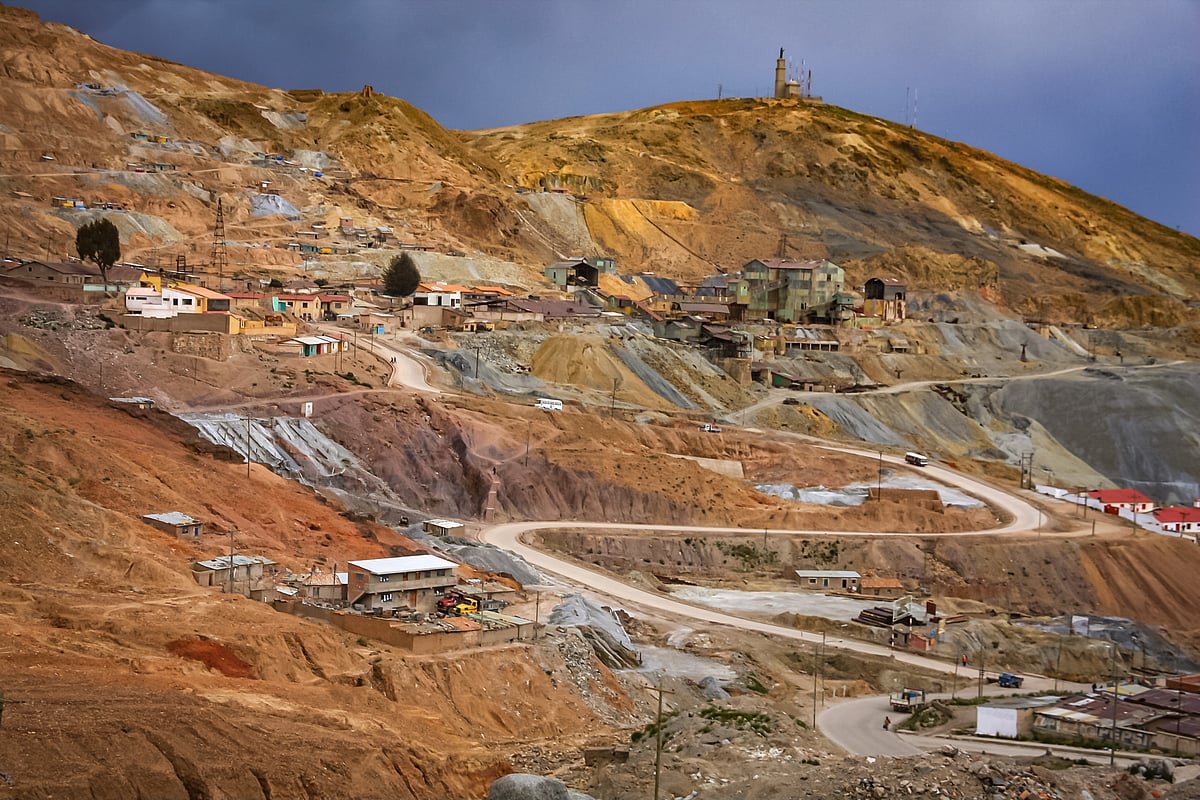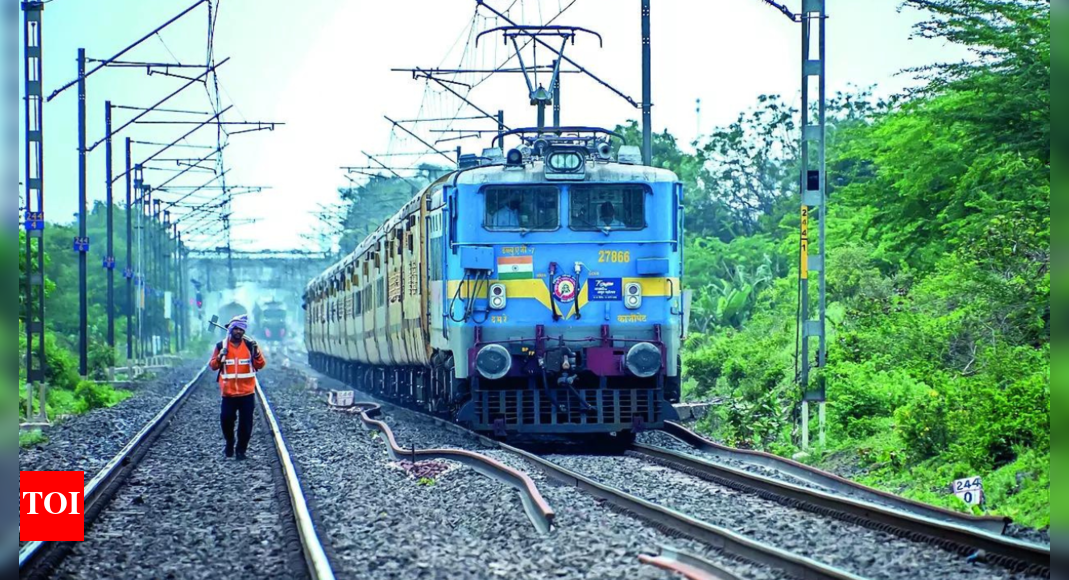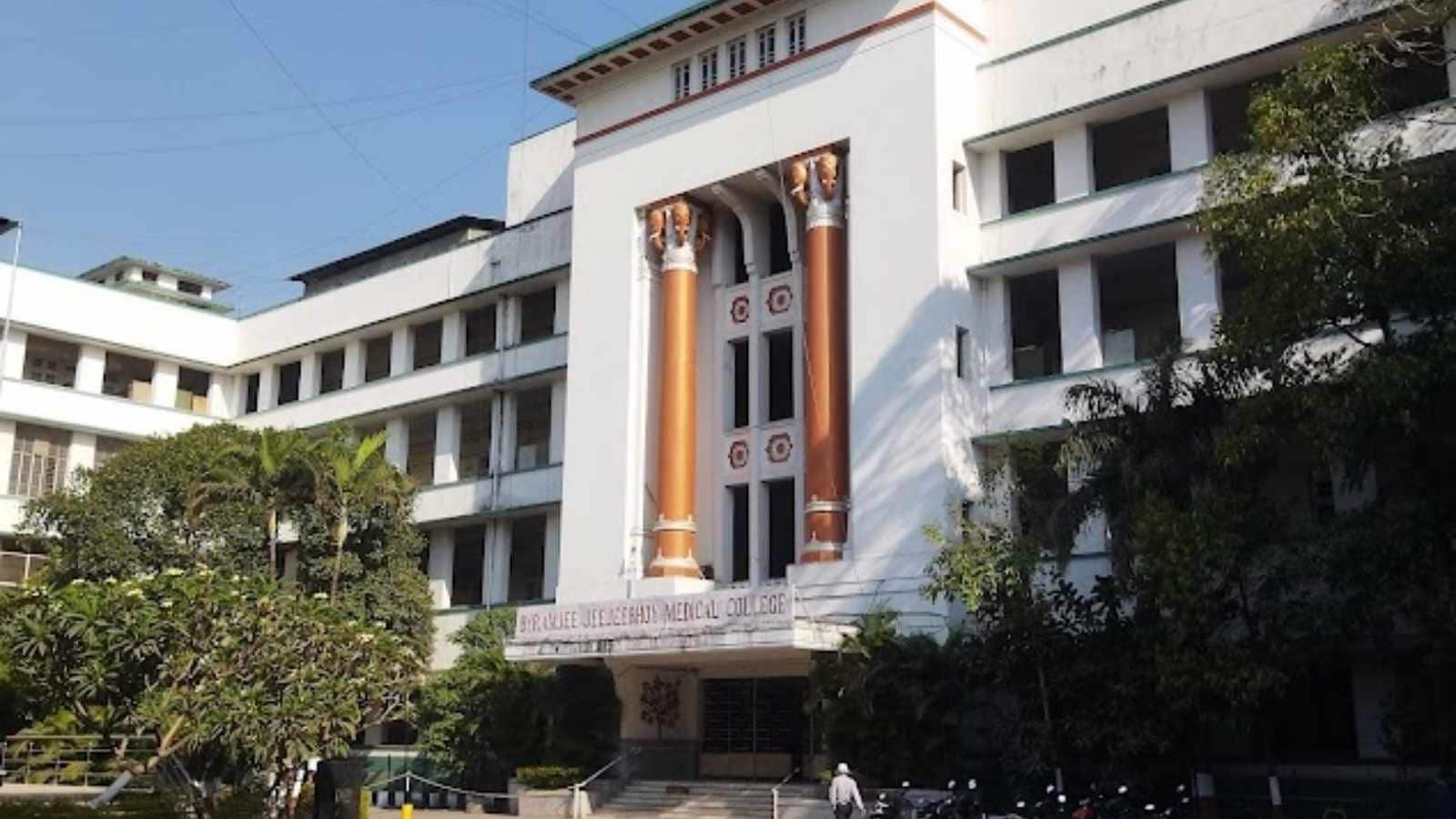India has increased its focus on securing supplies of critical minerals like lithium, copper and cobalt, which are necessary to develop electric cars and green energy grids. The country has finalised a list of 30 critical minerals essential for its economic development and national security.
China controls over 90% of the entire rare earth supply chain in the world. Beijing’s recent decision to tighten export controls on rare earth magnets — materials crucial for electric vehicles, wind turbines, and electronics — has pushed New Delhi to accelerate its plans.
India has signed multiple MoUs with countries, including Australia and the EU, to diversify sourcing and support domestic processing capacity.
Earlier this month, the central government approved a Rs 1,500-crore incentive scheme for critical and rare earth minerals. The scheme is part of the National Critical Mineral Mission and is designed as a six-year package.
The scheme’s incentives are expected to help develop at least 270 kilo tonne of annual recycling capacity, resulting in around 40 kilo tonne of annual critical mineral production, according to an official release.
This will bring about Rs 8,000 crore of investment and create close to 70,000 direct and indirect jobs, it added.



